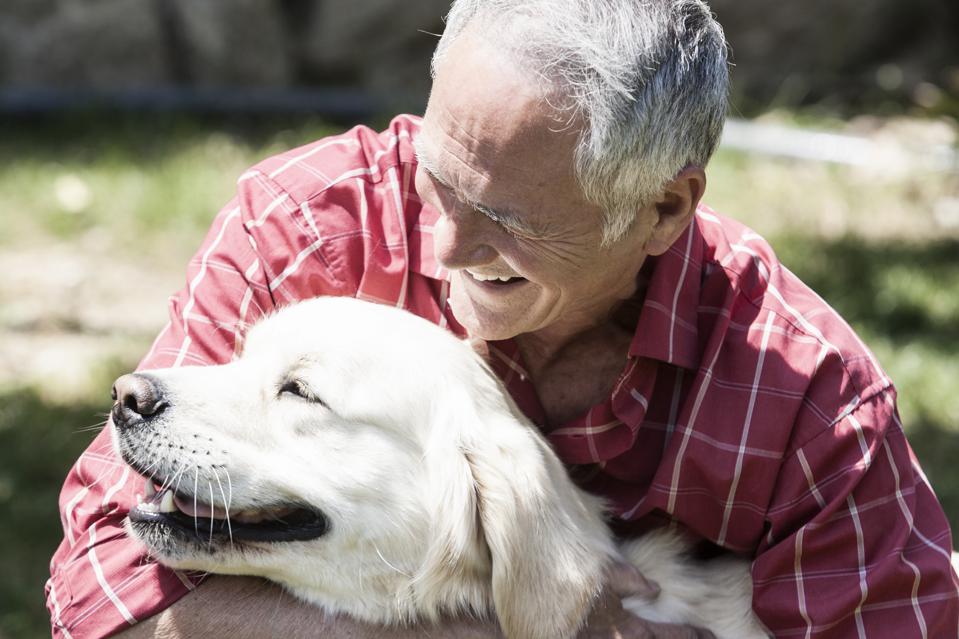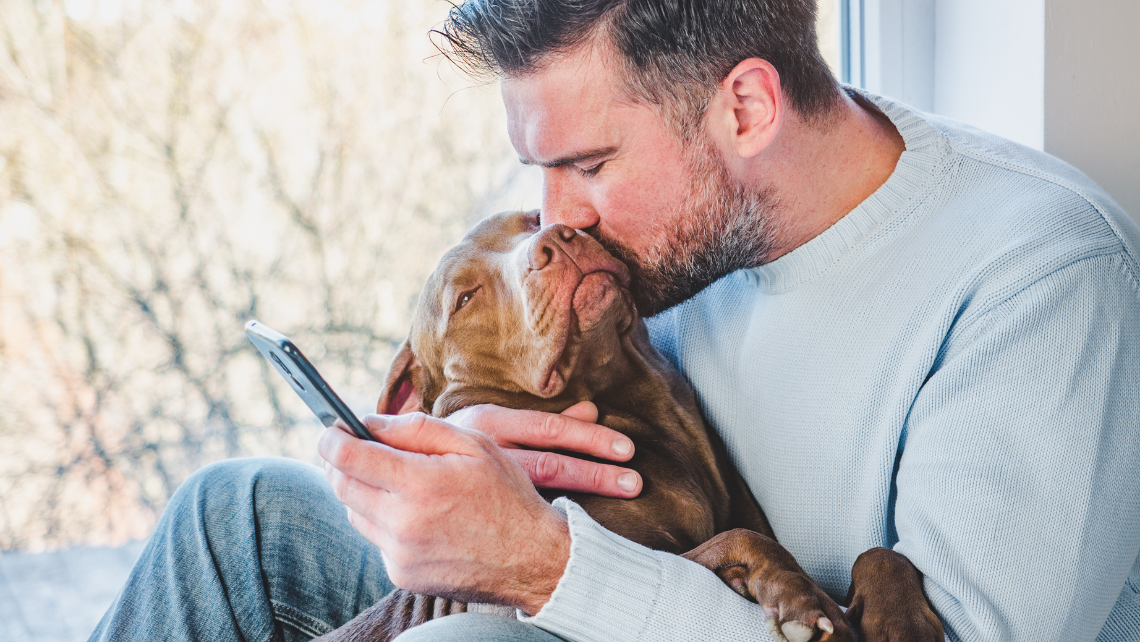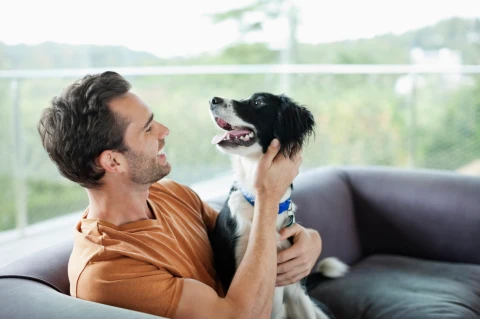Aging dogs, like other animals, face their own set of health challenges.
Senior canines. This is a fact that many dog owners have a hard time acknowledging and
have convinced themselves that their active dog is not a senior dog, and he or she will be unhealthy problems. However, canine senescence can begin as young as 7 years of age.
I’m years old. Larger-breed dogs tend to experience more health issues as they age.
age-related symptoms may begin between 10 and 12 years earlier than they do in smaller breeds.
of age. The reality is that elderly dogs Every dog owner will have to worry about their pet’s health at some point.
Age-Related Illnesses in Canines
Size, breed, and energy level are just a few of the variables that make each dog unique.
will display symptoms of illness in various ways. But there are widespread health
concerns that can arise in older canines in general:
- The deterioration of joints and bones
- Reduced metabolic rate as a whole
- They have trouble seeing and hearing.
- Problems with the liver and the kidneys
Roughening of the skin and a lack of elasticity in the coat are symptoms of aging.
Dental and periodontal issues
An older dog, in contrast to a young puppy, has a finite amount of energy.
sluggishly lay down or rise to a standing position. Rather than
When ascending the stairwell, your senior dog may take it slow and steady or even take the stairs two at a time.
time. Your dog is at risk for developing arthritis, an inflammatory condition that affects the joints.
resulting in distress, the usual trigger for this slowdown
down. Your vet can prescribe you any number of different anti-inflammatory medications.
can recommend to lessen arthritis pain.
Problems with an elderly dog’s eyes are common as they age.
cataracts, or even glaucoma. As the owner ages, he or she will notice the effects of a cataract.
eyes appear foggy and prone to reflect light. dogs that are getting on in years
increased eye pressure (glaucoma) and thus, potentially, cataracts.
need medical attention; if left ignored, they will worsen.
In the elderly, the strain on the cardiovascular system and other vital organs is greater.
dogs. As a result, the body’s organs function less effectively, particularly the heart, lungs, liver, and kidneys.
There is a risk of having a compromised immune system that leaves you susceptible to infections.
In the later stages of your dog’s life, he or she may begin to show signs of serious health concerns.
change in stages. Your senior dog’s health is entirely your responsibility.
health and keep up-to-date on the potential geriatric canine health issues that
oftentimes occur.
Overcoming Health Issues with Your Senior Dog
Health issues for an older dog are unavoidable, but there are ways you can make it more bearable for your pet.
alleviate your pet’s discomfort caused by these symptoms. Essentially, the only thing you
may do is to focus your attention more intently on your senior dog, taking note of any changes in his or her
in light of the current shifts Make it a daily habit to brush your dog’s coat, and consult your
if there are specialised shampoos that will be beneficial to her skin and fur. Devote some time
Checking for lumps and sores on his coat by stroking your hands over it. Just chill out
if your dog requires a bit more time than usual to ascend the stairs or leap into
it’s an automobile. Please keep up with your veterinarian’s recommendations and schedule regular checkups.
vaccinations. Consistently giving your senior dog a good brushing and dental exam will help keep their teeth in good condition for years to come
cleaning services are needed on a regular basis. Maintain a consistent fitness routine and
make the necessary changes for your dog as she ages.
You may need to make dietary changes to assist your ageing dog maintain her current level of activity.
she needs to make up for the energy she’s losing because of her coat and her extra weight.
her heart and blood vessels Both the daily calorie intake and the percentage of calories from fat need to decreased, but elderly dogs can benefit from eating diets created just for them.
to address each individual’s preferences and requirements. Spend as much as you can afford on the highest-quality affordable, healthy food and stay away from the leftovers.
Sadly, all dogs will eventually age, but there are things you can do to make the process more comfortable for them.
your senior dog’s health issues. Don’t forget that in the previous
Over the past eighty years or more, the typical canine longevity has risen from 7 years to
12. If you learn more and pay attention to your dog’s health, you can reduce the risk of him developing serious health problems.
You can help guarantee your dog a long and happy life by following these guidelines.


